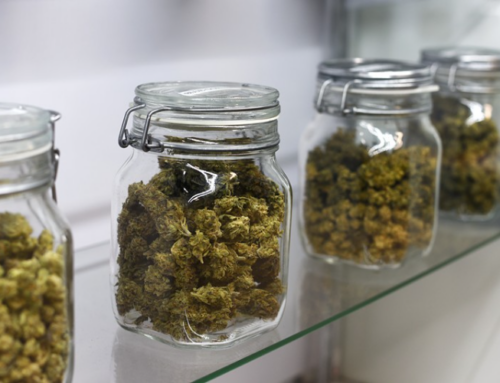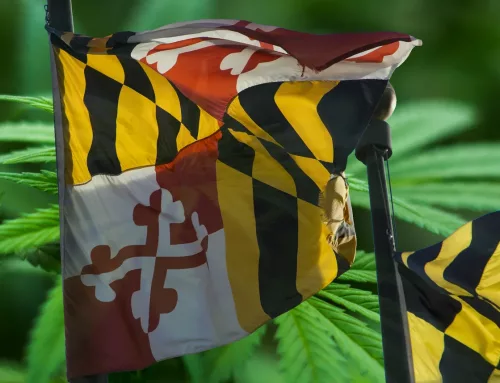Federal Investigation Uncovers Lax Pharmaceutical Practices in Trump’s White House Medical Unit
LOS ANGELES- A recent federal investigation has unearthed troubling findings regarding the White House Medical Unit’s handling of prescription drugs during the Trump administration. The Department of Defense’s 80-page report, released on January 8, reveals a concerning pattern of lax pharmaceutical practices, particularly in managing scheduled narcotics.
The investigation, which began in 2018 following complaints to the Inspector General of the Department of Defense, uncovered a range of issues including poor record-keeping, preference for brand-name medications over cost-effective generics, and improper dispensing of medications. The report specifically highlights the mishandling of dangerous prescription drugs by the White House Medical Unit during Trump’s tenure.
One key finding was the absence of adequate oversight by qualified pharmacy staff, leading to potential prescribing errors and ineffective medication management. This lack of proper management increased risks to patient health and safety and led to inefficient use of Department of Defense funds by procuring expensive brand-name drugs instead of their generic counterparts.
The investigation involved interviews with over 120 officials and revealed a casual environment in the White House Medical Unit’s handling of pharmaceuticals, contrasting sharply with the stringent regulations typically observed in pharmacies and medical facilities. Witnesses described an informal system where records of non-controlled substance prescriptions were not maintained, and “go-bags” containing drugs like Ambien and Provigil were routinely prepared for White House staff on overseas trips.
Financial implications of these practices were also significant. Between 2017 and 2019, the White House spent disproportionately high amounts on brand-name medications, such as $46,500 for Ambien and $98,000 for Provigil, far exceeding the costs of generic alternatives.
Furthermore, the investigation found that the White House Medical Unit was providing medical services and dispensing prescription medications, including controlled substances, to ineligible staff members. This was in violation of federal law, regulation, and Department of Defense policy.
In conclusion, the Department of Defense report calls for the implementation of more stringent and comprehensive policies to prevent such issues in the future. Recommendations include developing policies and procedures for managing both controlled and non-controlled medications and establishing stricter controls for patient eligibility within the White House Medical Unit.
These findings and recommendations aim to rectify the systemic issues within the White House Medical Unit and ensure compliance with pharmacy safety standards and proper utilization of government resources.




































